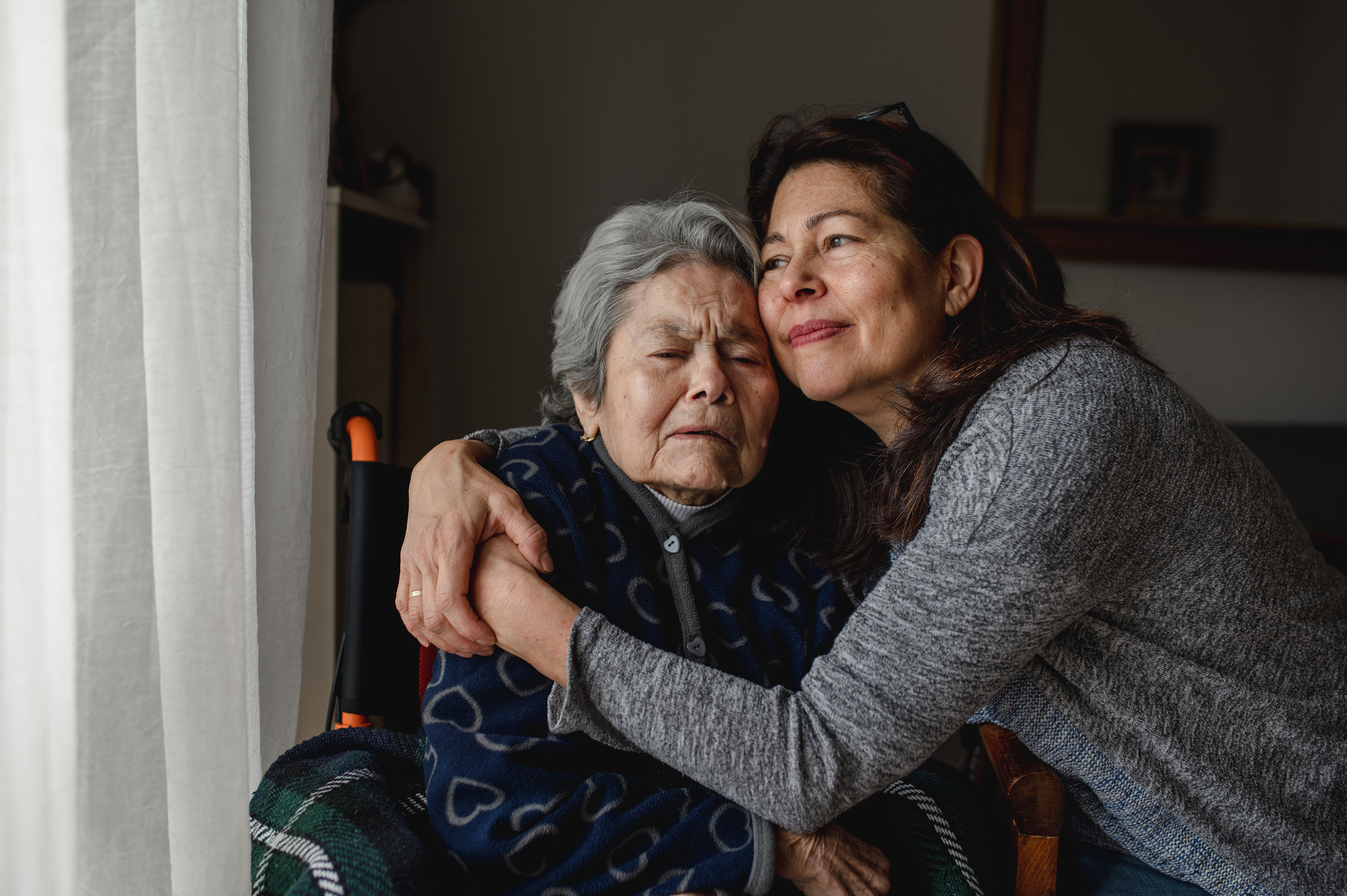The Role of A Loved One
Whether you have recently been given the news that a loved one should seek hospice care or they have already begun the process, you might be asking yourself, “What now?” Maybe you have been their caregiver for some time or have come from out of town to help in these final days, weeks, or months, and you’re wondering what your role is. By becoming more informed of what lies ahead, you can be better prepared to support your loved one through their end-of-life journey.Advanced Care Planning
You may have been named your loved one’s patient advocate through a healthcare power of attorney. It is a great honor and an important job as this person is responsible for speaking on behalf of the individual about their medical care should they be unable to do so themselves.Hospice’s Role vs. Your Role
Hospice staff are not at a patient’s bedside at all times but rather supplement the care already being provided and equip caregivers like yourself with added resources to provide end-of-life care. Loved ones continue to play an important and necessary role in providing both emotional and physical support to a hospice patient.Taking Care of Yourself
Providing comfort and care for someone at the end of life can be physically and emotionally exhausting. If you’re a primary caregiver, ask for help when needed and accept help when it's offered. We understand that caregiving can be stressful for even the most experienced and prepared, and while caring for a sick loved one is one of the most meaningful jobs in the world, another part of your role is to take care of yourself. Stepping out of the room, going for a walk, and asking for help when you need it can help ease some frustrations and difficulties you may encounter.“End of life is a marathon, not a sprint. Caregivers need to maintain their own health. If the caregiver is not healthy, who takes care of the patient?”— Molly N., Faith Hospice RN Case Manager

